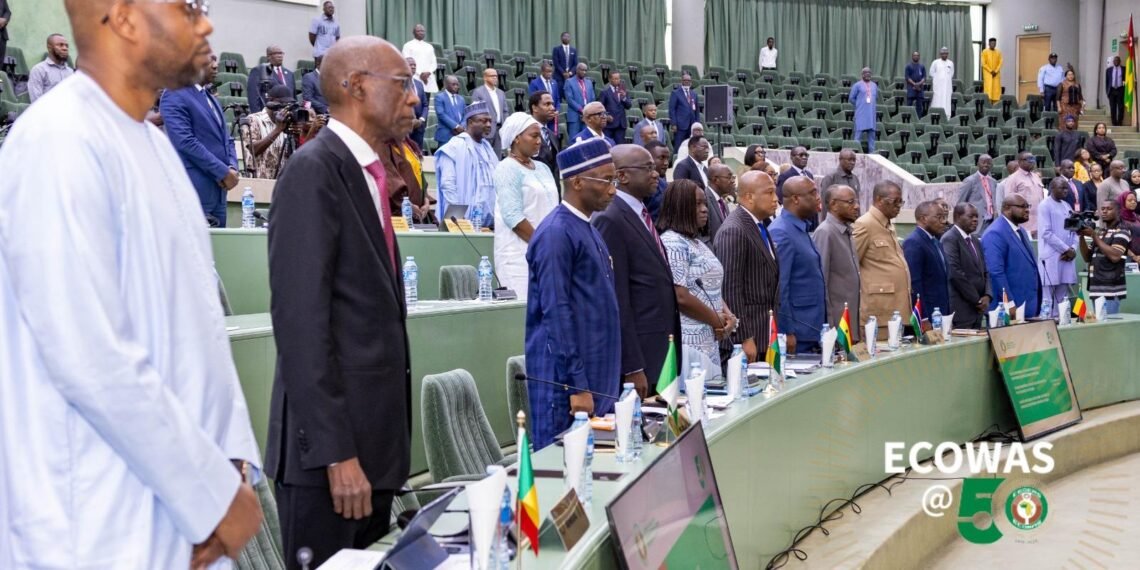Nigeria has advocated for the upholding of fairness and inclusivity in the distribution of the statutory positions within the Economic Community of West African States (ECOWAS).
The Minister of State for Foreign Affairs, Bianca Odumegwu-Ojukwu, made the demand while declaring open an ad hoc ministerial meeting on the rotation of statutory appointees of ECOWAS institutions.
She noted that the meeting reaffirmed member states’ shared commitment to upholding the principles of equity, regional balance, and institutional integrity within the governance framework of ECOWAS.
“I want to assure you that, as part of our enduring commitment to the ideals of regional integration and solidarity, Nigeria will continue to assume its traditional leadership role by constructively engaging with all member states to build consensus and ensure that our collective decisions reflect both equity and a shared vision for the future of our community,” she said.
The minister said the task before the committee was crucial and at the heart of ECOWAS’ regional integration agenda, hence members were carefully constituted to undertake the assignment for the sub-region.
According to her, it is essential to duly recognise and accommodate the aspirations of member states, which have smaller populations or limited resources, but who demonstrate unflinching commitment to ECOWAS.
The minister cautioned that membership of the ad hoc committee should not be construed as a pathway to positions of leadership within the ECOWAS institutions.
Read also:
- FG reaffirms commitment to Kampala Declaration on food security
- MPAC condemns Israeli interception of Gaza-bound aid Flotilla, urges global response
- The Truth About Systematic Killings of Christians in Nigeria
Rather, she said, its members’ engagement should be guided by the principles of regional solidarity, prioritising the collective interest of the sub-region above national aspirations.
She explained that, in doing so, they would contribute to fostering deeper unity, mutual trust, and a shared sense of purpose among ECOWAS citizens.
The minister restated that the task of reviewing and considering proposals for the allocation of statutory positions within ECOWAS institutions for the term 2026-2030 was assigned to them based on trust.
“This task takes on particular urgency as the current statutory appointees, serving non-renewable four-year terms, are set to complete their tenures between July and October 2026.
“Our mandate, therefore, is to carefully review the commission’s proposals and to submit our report to the council of ministers during the statutory meetings in December 2025, for its final consideration and subsequent recommendation to the authority.
“Let us remain focused on ensuring that the outcomes of our engagements are both meaningful and impactful for the future of our region,” she added.






